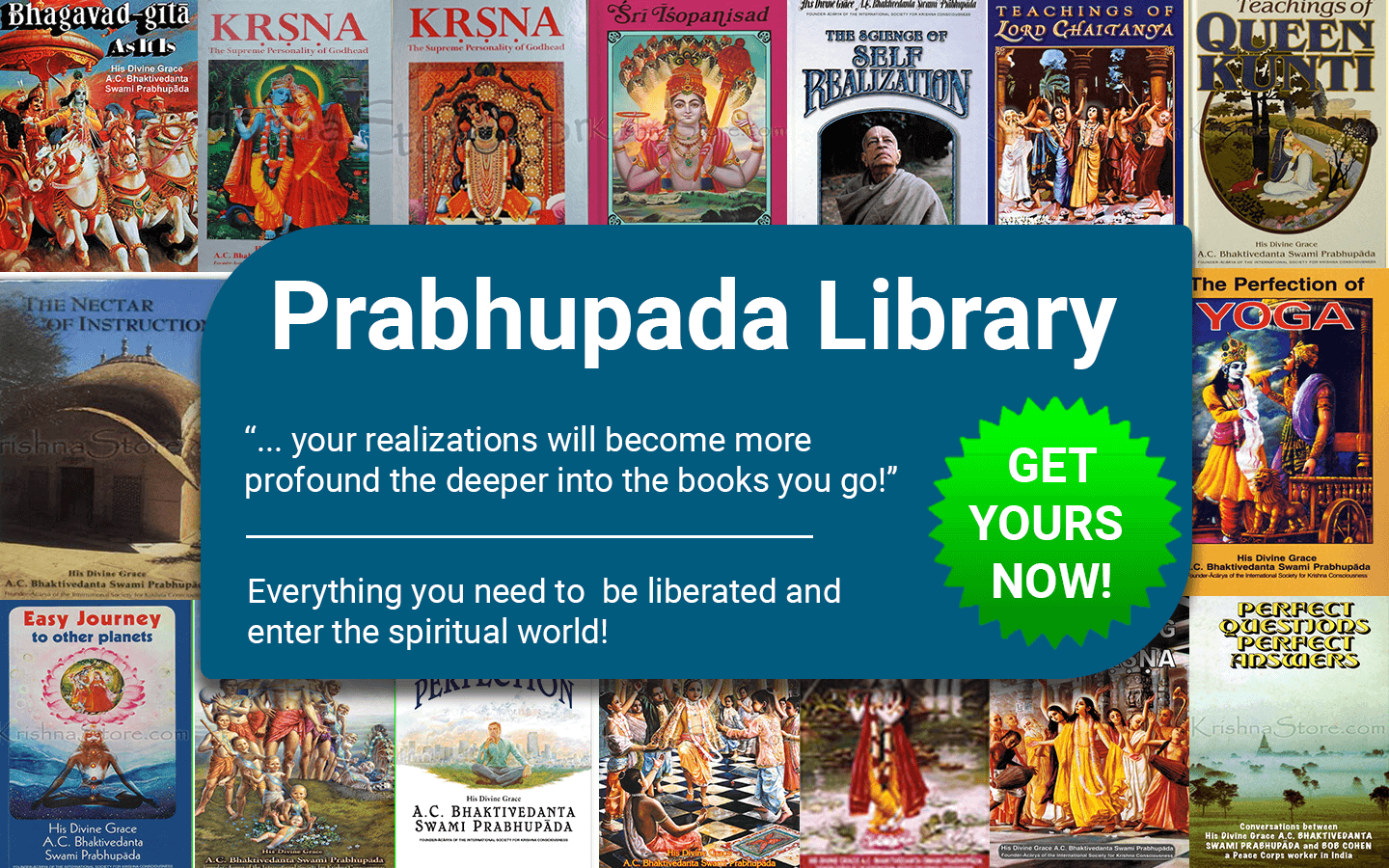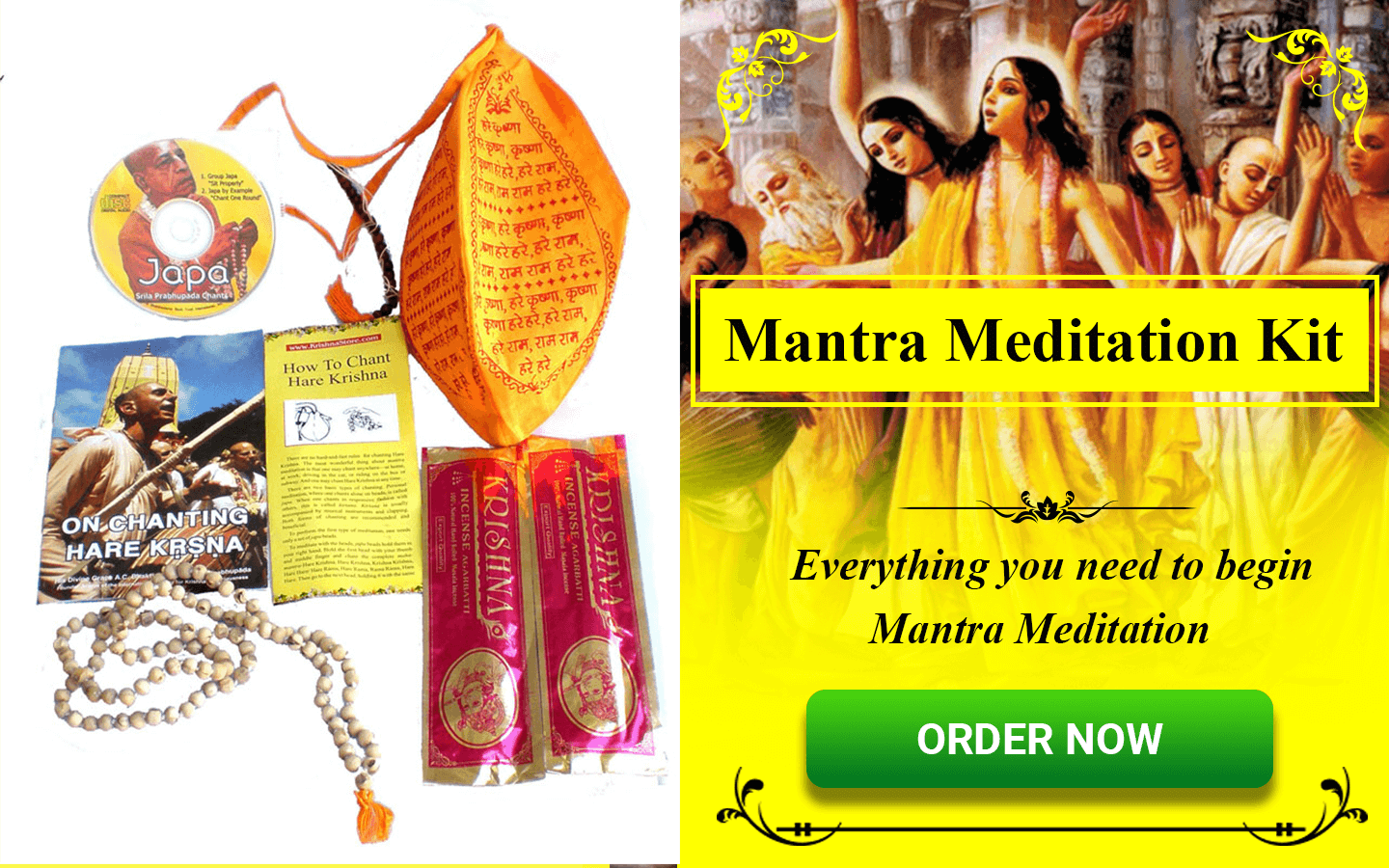Chapter 10: The Opulence of the Absolute
Bg 10.27
TEXT 27
uccaihsravasam asvanam
viddhi mam amrtodbhavam
airavatam gajendranam
naranam ca naradhipam
viddhi mam amrtodbhavam
airavatam gajendranam
naranam ca naradhipam
SYNONYMS
uccaihsravasam—Uccaihsrava; asvanam—among horses; viddhi—know; mam—Me; amrta-udbhavam—produced from the churning of the ocean; airavatam—Airavata; gajendranam—of elephants; naranam—among human beings; ca—and; naradhipam—the king.
TRANSLATION
Of horses know Me to be Uccaihsrava, who rose out of the ocean, born of the elixir of immortality; of lordly elephants I am Airavata, and among men I am the monarch.
PURPORT
The devotee demigods and the demons (asuras) once took a sea journey. On this journey, nectar and poison were produced, and Lord Siva drank the poison. From the nectar were produced many entities, of which there was a horse named Uccaihsrava. Another animal produced from the nectar was an elephant named Airavata. Because these two animals were produced from nectar, they have special significance, and they are representatives of Krsna.
Amongst the human beings, the king is the representative of Krsna because Krsna is the maintainer of the universe, and the kings, who are appointed on account of their godly qualifications, are maintainers of their kingdoms. Kings like Maharaja Yudhisthira, Maharaja Pariksit and Lord Rama were all highly righteous kings who always thought of the citizens' welfare. In Vedic literature, the king is considered to be the representative of God. In this age, however, with the corruption of the principles of religion, monarchy decayed and is now finally abolished. It is to be understood that in the past, however, people were more happy under righteous kings.
Copyright (c) 1972 by His Divine Grace A.C. Bhaktivedanta Swami Prabhupada











